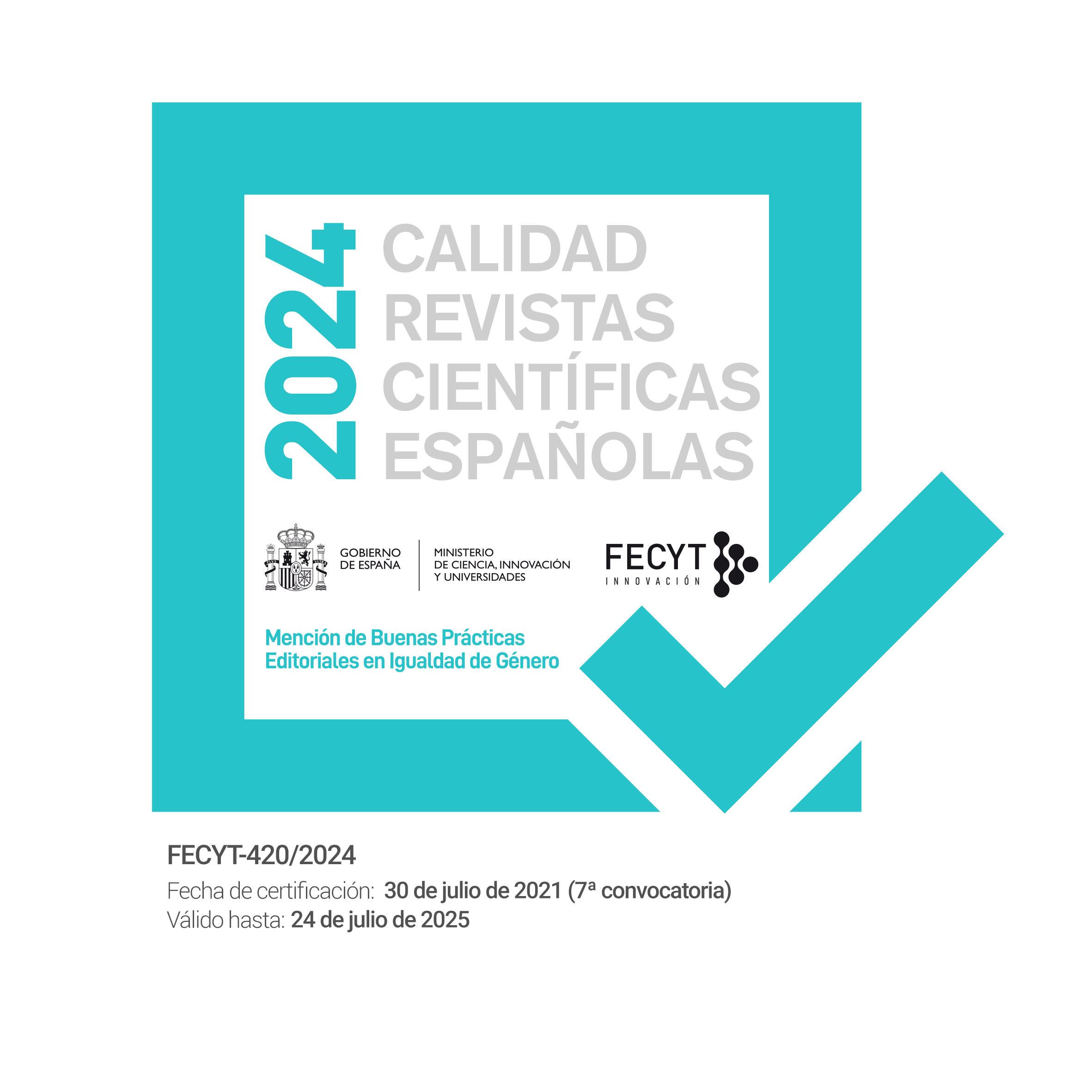Headless Bodies: Abject Corporalities and Bare Life in Temporada de huracanes, by Fernanda Melchor
DOI:
https://doi.org/10.1344/452f.2024.30.13Keywords:
Bare life , Concentration camp , Abjection , Liminality , Fernanda MelchorAbstract
Based on the notion of the «concentration camp» articulated by Giorgio Agamben as a paradigmatic space of modern biopolitics, Temporada de huracanes stands out as a representative literary benchmark of bare life in a liminal Mexican region, where characters embody the figure of the homo sacer, whose existence is reduced to a logic of bodily exploitation and where people are born and die within the liminal dynamic of inside/outside as victims but also as aggressors themselves. Thus, the «headless bodies» are a metaphor of these bare lives whose heads are torn away, that is, dispossessed of any possibility of reformulating their own existence. Along these lines, the text itself works as an abject object throughout the space/time configuration of the novel.
Downloads
Published
How to Cite
Issue
Section
License
Copyright (c) 2024 María Teresa Blanco Rivera

This work is licensed under a Creative Commons Attribution-NonCommercial-NoDerivatives 4.0 International License.
All contents published in the journal are protected under a Creative Commons BY-NC-ND license. This corresponds to legislation within Spain, and does not allow commercial use of the texts. It is not possible to modify the contents either.
General information.
Comparative Literature magazine 452ºF [ISSN 2013-3294] is a publishing project coordinated by Asociación Cultural 452ºF, and developed by its Editorial board.
Access to the Contents and Copyright.
All contents published in the journal are protected under a Creative Commons BY-NC-ND license. This corresponds to legislation within Spain, and does not allow commercial use of the texts. It is not possible to modify the contents either.
Every person has free access to the contents of the journal as long as they understand and assume that no profit is to be made on other people’s work.
In all cases, the original source name of the online journal and the article must be mentioned when used for any purposes.
Basic Conditions of all Call for Papers.
- 1. The author accepts that sending the paper:
- a. Does not guarantee the publication of it.
- b. Is done in accordance to the style-sheet of the magazine and the requirements of the specific call for papers.
- c. Implies the non-exclusive transferring of the first publication rights of the paper, as long as it is selected to be published in the journal, to theAsociación Cultural 452ºF, under a Creative Commons BY-NC-ND license.
- 2. The journal 452ºF, in due respect to moral rights of a copyright, guarantees that:
- a. All papers will be evaluated according to the procedure already mentioned.
- b. All authors will receive either a positive or negative answer to their sending a paper for publication.
- c. All papers will be published unabridged. The journal might make changes in the typographical disposition according to the needs.
- d. All papers will be published under a Creative Commons BY-NC-ND license.





